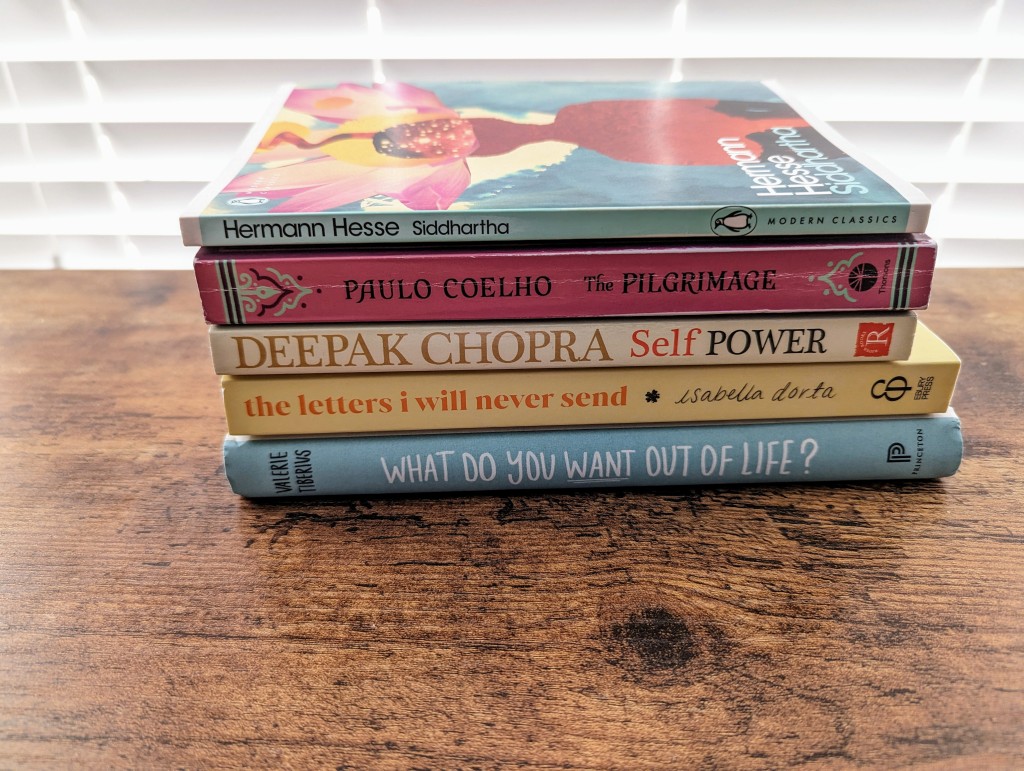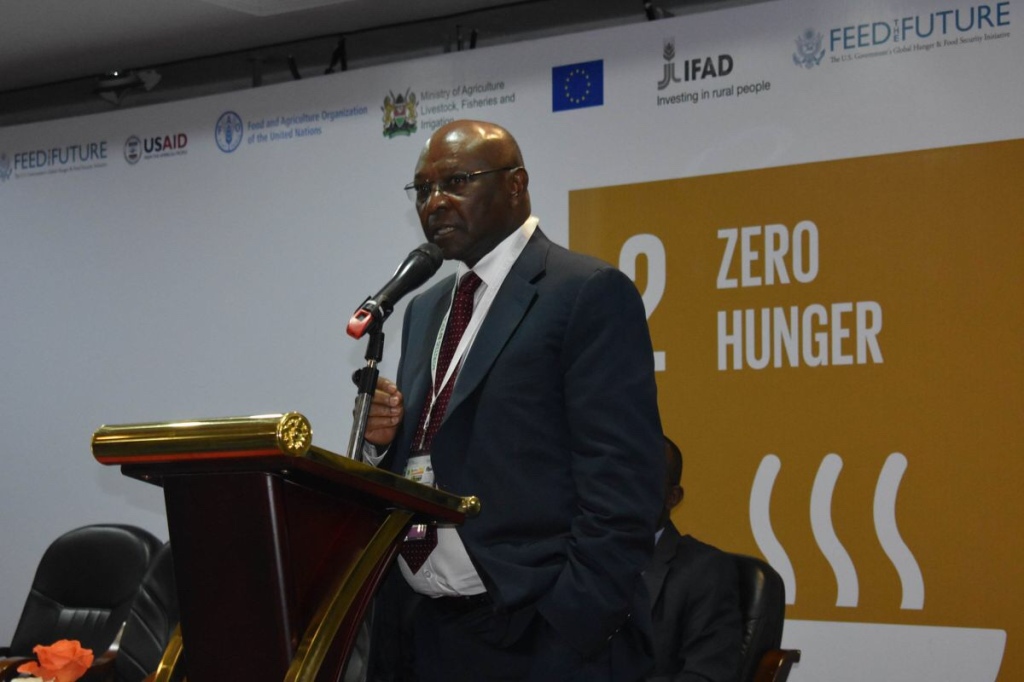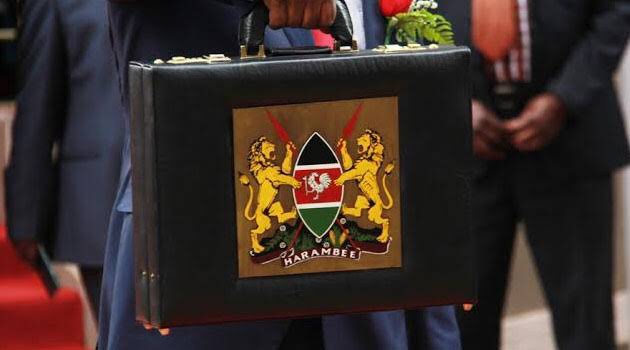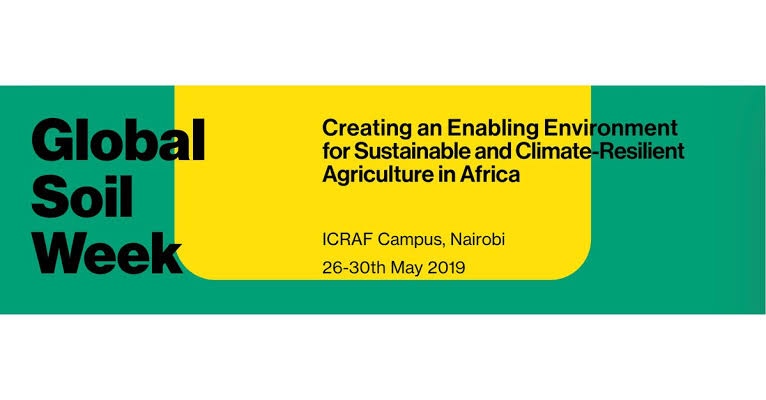In July 2023, I immersed myself in a literary journey that traversed self-discovery and the pursuit of purpose. In this article, I share the insights from the five books I read during the month and hopefully, you will find at least one of them worth reading.

1. “Self-Power, Spiritual Solutions to Life’s Greatest Challenges” by Deepak Chopra (2012)
Based on the premise there will always be setbacks in life, Deepak argues that challenges are essential in discovering or becoming aware of our inner purpose. Further, there are solutions to life’s challenges, but they are to be found at a higher level of consciousness than the problem – that is in the spiritual realm. Getting to the solutions requires moving through three levels of awareness; from contracted – where the challenges appeared – to expanded – where solutions start to emerge and finally to pure – where challenges become opportunities and one’s desires align with results and circumstances.
Through meditation, self-reflection, and contemplation anyone can activate the power within, find and connect with themselves and life will be much less struggle. This is the journey of moving from hoping to believing and finally knowing, or in Dr. Joe Dispenza’s words, “from thinking to doing to being.”
Quote: “Most people are confused about what they actually need, and therefore they seek it in the wrong places.” (P. 147)
2. “Siddhartha” by Hermann Hesse (1922)
In “Siddhartha,”, Hermann Hesse, the winner of the 1946 Nobel Prize in Literature, narrates the timeless tale of a spiritual journey of a young man – Siddartha – who defies his father’s wishes and Brahmanical traditions in search of enlightenment. His restlessness and quest for the truth lead him to a life of asceticism and fasting and to romantic love and wealth. All these do not offer solutions to his questions or satisfaction.
In the end, Siddartha learns to listen to the river without any desires, expectations, or opinions and discovers the unity and wholeness of existence. In the process, he achieves a higher state of consciousness and becomes enlightened.
Hesse’s key message is that there isn’t a single path to spiritual life, and it is not about certain religious doctrines, rituals, or intellectual texts. Rather, we should try to be in the present moment, and love the world as it is without comparing it to the past or imaginary future, and through that we experience (not the same as understanding) the unity and interconnectedness of everything.
Quote: The world, Govinda, is not imperfect or slowly evolving along a long path to perfection. No, it is perfect at every moment; every sin already carries grace within it, all small children are potential old men, all sucklings have death within them, all dying people — eternal life. It is not possible for one person to see how far another is on the way; the Buddha exists in the robber and dice player; the robber exists in the Brahman. During deep meditation it is possible to dispel time, to see simultaneously all the past, present and future, and then everything is good, everything is perfect, everything is Brahman.” (P. 110)
3. “The Pilgrimage” by Paulo Coelho (1987)
In “The Pilgrimage” Paulo Coelho narrates his spiritual journey across San Tiago in Spain to recover his sword which he had lost in the last stage of his initiation as a Master for failing to understand a vital lesson – what he was to do with it. Indeed, this is the main message of the book; not getting obsessed with the reward and failing to know what to do with it, and although he considered himself wise, he had to learn this lesson by walking the Road that anyone could, and only such simple roads lead to spiritual awakening.
Along the journey, Paulo must encounter trials as well as people to help or sabotage his goal. The book offers insightful lessons such as life being a journey and also the reward, not some other outcomes. This was the second time I was reading the book.
Quote: Because of my pride in wisdom, you made me walk the Road that every person can walk and discover what everyone else already knows if they have paid the slightest attention to life. You made me see that the search for happiness is a personal search and not a model we can pass on to others.” (P. 268)
4. “What Do You Want Out of Life” by Valerie Tiberius (2023)
In this book, Valerie Tiberius, a professor of philosophy at the University of Minnesota offers a guide to living a happy and fulfilled life. She proposes that we need to start with values that can be both instrumental (important as means to something else) and ultimate (important for their own’s sake). She argues that when we reflect on our lives, we often think of the thoughts, emotions, or desires we deeply care about.
She then poses a deep philosophical question, assuming we know what matters to us, how do we know that it actually matters, or simply how do we know our values are right? She offers five strategies for this: exploration, introspection, lab rat strategy (examining yourself externally), guided reflection, and learning from others. The next phase then becomes living according to these values or integrating them into our actions.
However, this does not guarantee a smooth life due to conflicts such as those within our goals, between our values, and those that are unsuitable with our social and physical environments. She suggests five ways of dealing with such conflicts: prioritizing and adjusting our means to ends, dropping one of the conflicting goals, reinterpreting our values, accepting what we can’t change, or making a radical change.
As I absorbed Tiberius’s profound insights, I recognized the significance of aligning my actions with my values (which are fluid) and aspirations, paving the way for a more purposeful and meaningful life.
Quote: “We fulfill our values by actually living up to the standards they provide for us, not by pretending. And this provides some motivation to be realistic.” (P. 84)
5. “The Letters I Will Never Send” by Isabella Dorta (2023)
Isabella Dorta’s “The Letters I Will Never Send” is a collection of deeply personal and emotionally raw letters to various people in her life. Isabella illustrates the importance of acknowledging our emotions and releasing them to be our truest selves.
In conclusion, the books I delved into in July 2023 have proven to be enlightening and expanded my horizons in life.




Leave a comment